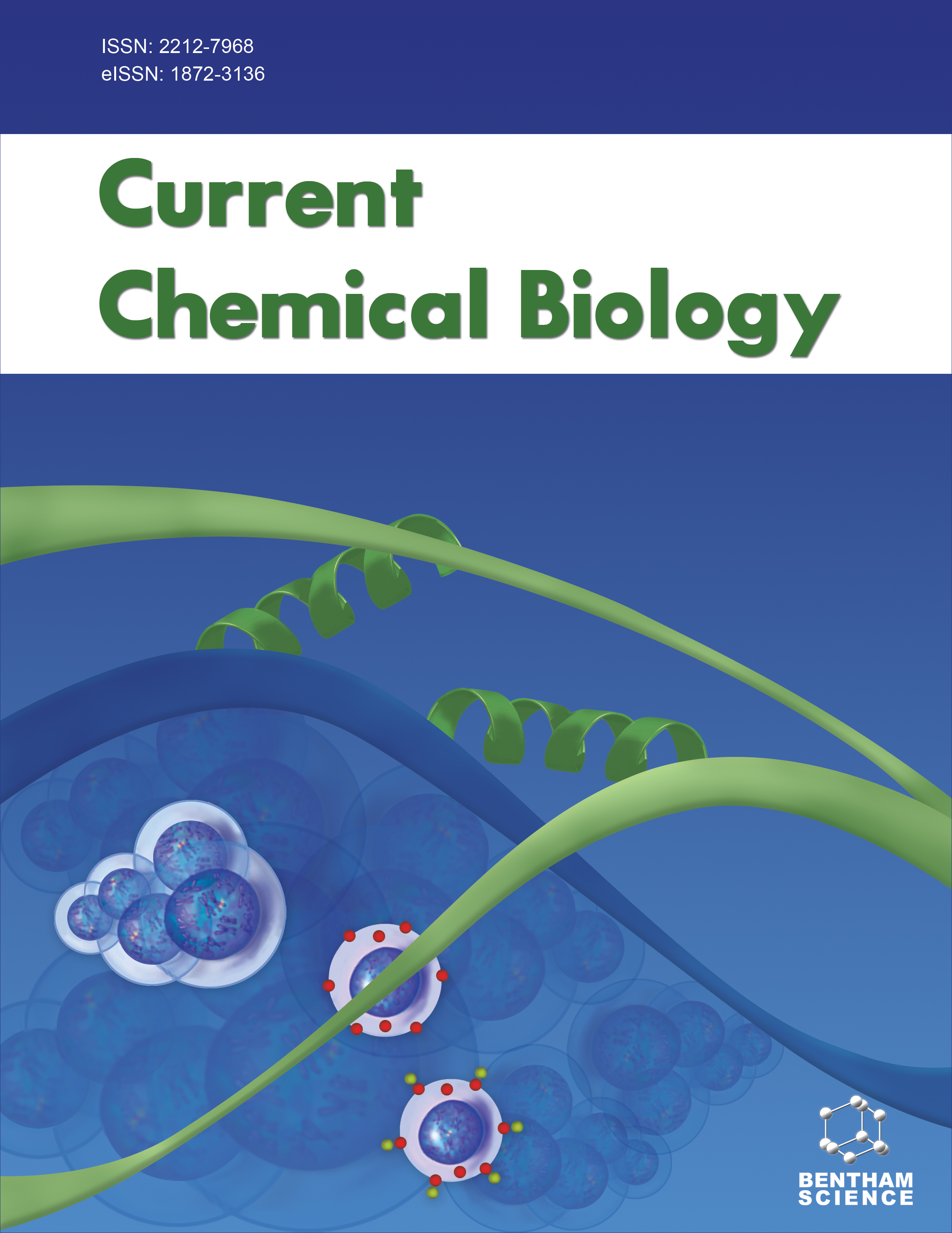
Full text loading...
Resveratrol (RV) is a well-known polyphenolic compound found in many different plants, including the fruits of grape, peanut, and berry trees. It is well-known for its links to a number of health benefits, including those related to glucose metabolism, anti-aging, anti-tumor, anti-obesity, anticancer and neuroprotective effects. Promising therapeutic properties have been reported in multiple cancers, neurodegenerative diseases, and atherosclerosis. These properties are regulated by multiple synergistic pathways that govern inflammation, oxidative stress, and cell death. RV also has a potent anti-adipogenic effect by preventing fat accumulation and triggering lipolytic and oxidative pathways. By preventing platelet aggregation, it demonstrates its cardioprotective properties. RV also has a potent anti-adipogenic effect by preventing fat accumulation and triggering lipolytic and oxidative pathways. By preventing platelet aggregation, it demonstrates its cardioprotective properties.To increase resveratrol's dissolution, stability, oral bioavailability, and regulated evacuation, nanotechnologies have become widely used.RV's drug-delivery methods linked to bioavailability have additionally been extensively utilised, and RV nanoparticles and liposomes seem to be viable platforms for improving their bioavailability. The current review seeks to give an organised summary of the medicinal advantages and recent discoveries.

Article metrics loading...

Full text loading...
References


Data & Media loading...

